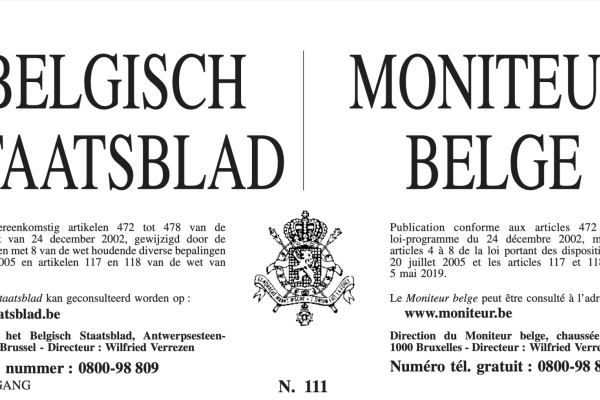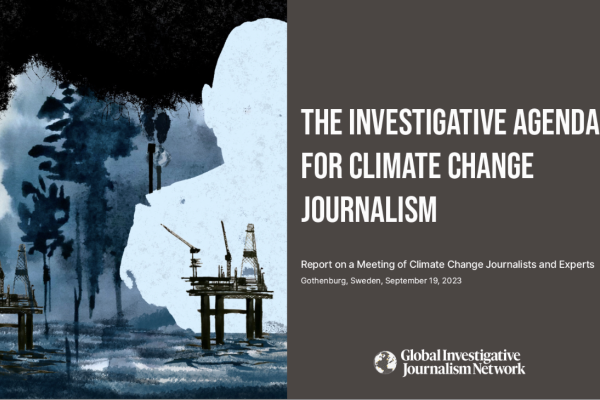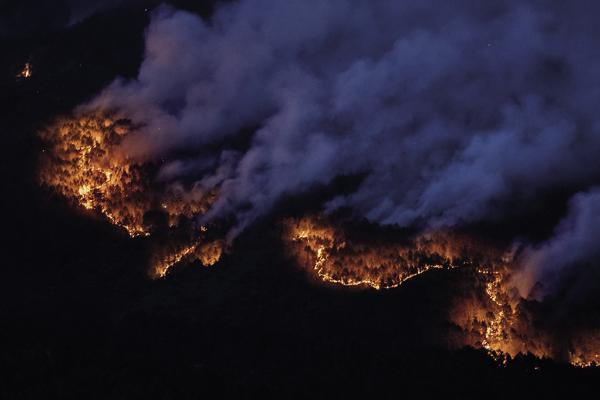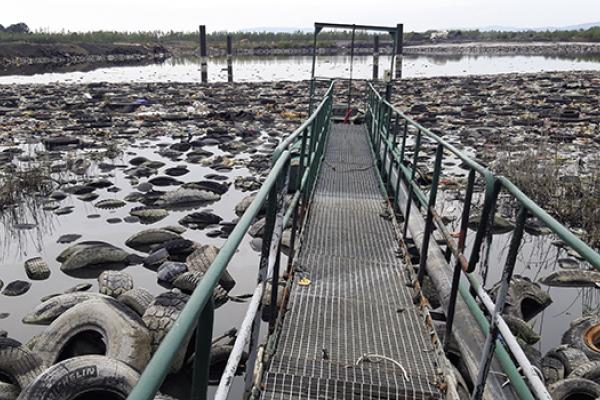Use of low-quality fuels is a major cause of air pollution in West African countries. Such fuels contain sulphur and benzene, which can cause cancer.
Since April 2023, the Netherlands have adopted the export ban for fuels with 50 ppm (parts per million) of sulfur to West-Africa. As the ports of Amsterdam, Rotterdam and Antwerp are key locations for the global production and export of gasoline and diesel due to their important refining infrastructure, after the ban was introduced, all such export shifted to the port of Antwerp.
'How West Africa Continues to Import Dirty Fuels' investigation, carried out by journalists from Apache, De Groene Amsterdammer and The Continent, added pressure for the Belgian government to act on introduction of similar restrictive measures.
In order to tighten export standards according to the Dutch model in Belgium as well, Federal Minister of the Environment Zakia Khattabi (Ecolo) and her colleague energy minister Tinne Van der Straeten (Groen) worked together with Minister Frank Vandenbroucke (Forward) on a Royal Decree for several months. That decree has now been published in the Belgian Official Gazette and will take effect within three months.
Fuels intended for export will have to respect "the same quality standards as those applicable to fuels for the European market", specified Minister Khattabi's office in a press release.
Naomi Cambien, Transport policy expert from Bond Beter Leefmilieu, adds that an pan-EU level ban on export of polluting fuels is necessary.
In addition to sulphur limit, the Royal determines that fuels may only contain a maximum of 2 milligrams of manganese per litre.
Read more in Apache (in Dutch).



